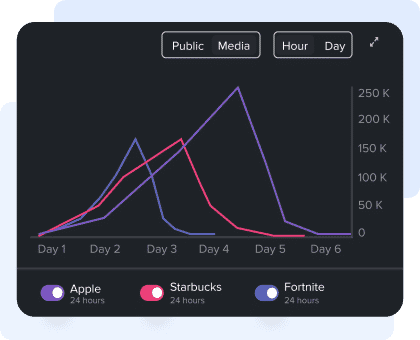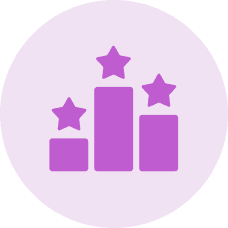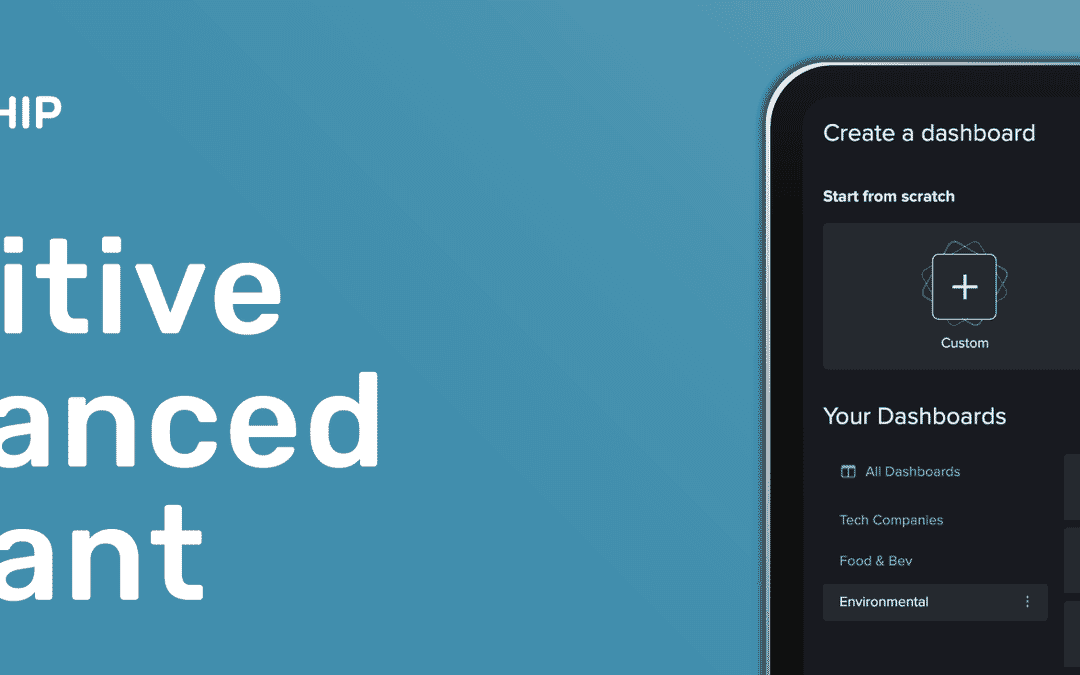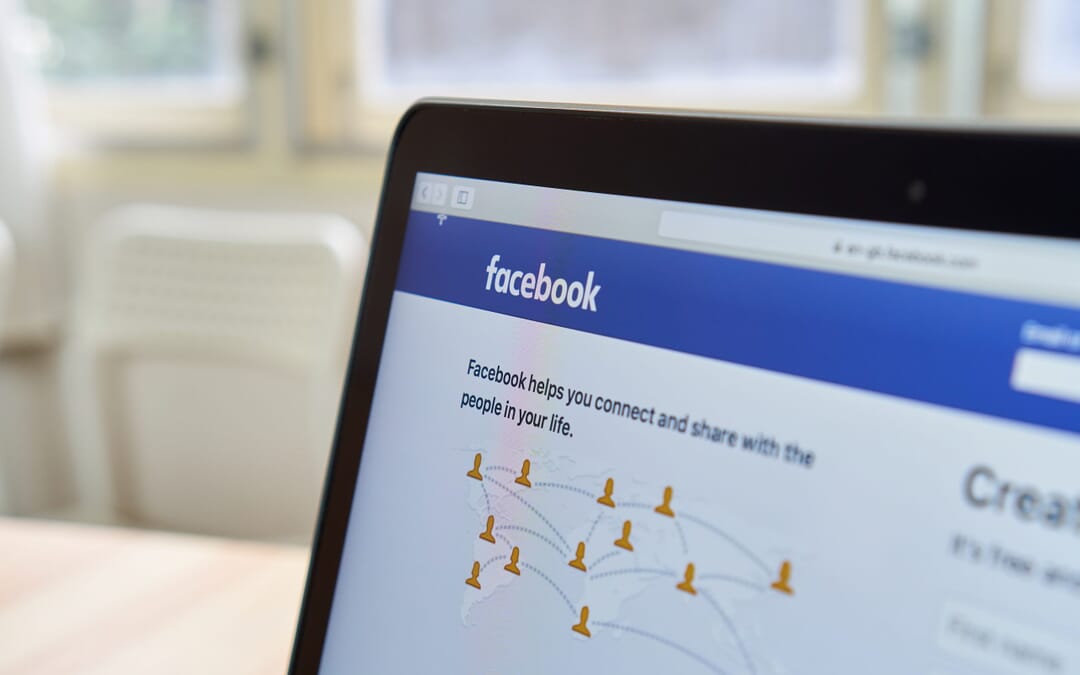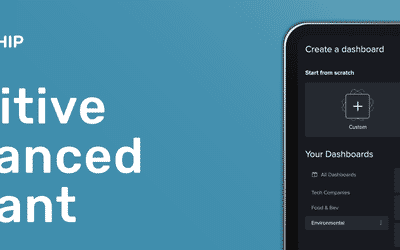We’re living in a connected age – and it seems to be changing us.
Our digital media diets are personalised to reinforce our existing beliefs and preferences. They’re optimised for engagement, leading with the most emotionally charged content. They’re social – exposing us all the time to views, opinions and hot takes. And they’re persistent – many of us check our phones and networks dozens, or hundreds of times a day.
Our new media diets seem to be rewiring us, and may be reshaping how society works too. We see this first hand through our work with hundreds of media companies, comms agencies and brands who all wrestle with understanding misinformation, misleading narratives and polarised audiences each day.

So, how can we help improve this situation?
NewsWhip’s data and tools are together one of the best sources in the world for understanding what stories are spreading, how they’re being spread, and how audiences are reacting to them. For that reason, for the past 3 years, we’ve given discounted access to our platforms and data to NGOs, universities and others who combat misinformation and try and develop clearer understanding how our media habits are re-shaping society. For reference, we’ve summarized our misinformation work here.
Today, we’re announcing that we’re formalising that access under a new program, called Data for Democracy (DfD).
Under the Data for Democracy program, we’ll offer low-cost access to our products to universities, NGOs and, in some cases, media companies engaged in key, high-impact projects that combat misinformation and improve public understanding of our new media ecosystem.
This will include projects that directly combat misinformation and disinformation. It will also include support projects that improve public understanding of what’s actually happening in the social news ecosystem – such as the Axios Attention Tracker or the University of Michigan Iffy Quotient.
We’re big believers in the power of focus, and so we will only support projects that fit into these two sets of criteria, both of which we believe can have immediate, first-order positive impacts on society. Here’s how we are thinking about them:

1. Combat misinformation and disinformation
Here, eligible potential projects are NGOs and Universities targeting misinformation and disinformation. We already support various members of the Fact Checking Network, and First Draft’s Cross Check initiatives, and in the past, we’ve supported a half-dozen pre-election fact checking initiatives in Asia, Latin America and Europe. We want to lean into this important, high-impact work.

2. Improve public understanding of social content engagement
Here, we wish to support Universities, NGOs and media projects aiming to improve public understanding of the spread of content and content engagement.
An informed public is one that understands the what, where and why of content engagement. It may also become a public that’s increasingly immune to manipulation by the algorithms and unconscious habits of consumption that dominate today.
We will break toward supporting projects that are of significant impact – such as information quality around elections (such as the Axios Attention Tracker), or other acute issues with society-wide consequences.
Products offered under Data for Democracy:
Our Data for Democracy program will offer combinations of:
- NewsWhip research center library of white papers
- Access to NewsWhip Spike
- Access to NewsWhip Analytics
- QuickStart API
- Historical API
All access must be in accordance with our terms and conditions, and the terms and conditions we pass on regarding any data derived from social network partners.
Eligibility:
We will support a narrow range of projects: high-impact initiatives that directly fit under the above criteria of combating misinformation, and improving public understanding on content engagement. We will aim to support the projects “at cost” – meaning a generous discount on pricing, not free access. We will resource DfD to support about half-a-dozen new projects each year.
The Data for Democracy Project is not designed to provide more general academic access to our tools or data – we simply don’t have the resources to support that.
Administration and application:
Aisling, NewsWhip’s Global Head of Onboarding is the project lead for data for democracy, along with support from NewsWhip Research Center, represented by Benedict Nicholson, and our Customer Success team, represented by Fergal Reid.
If you’re the representative of an eligible project, please email dfd@newswhip.com

Paul Quigley
Paul Quigley is CEO of NewsWhip, a technology that empowers helps the world’s leading publishers and brands to predict and understand the stories that will engage their audiences. Paul founded NewsWhip in 2011 to “find the most interesting stories in the world”. Each day its platform is used by thousands of journalists, marketers, and communicators in 30 countries to spot opportunities and deepen their understanding of what stories will engage audiences, and why.

Aisling McMahon
Aisling Mc Mahon is the Head of Onboarding and Implementation at NewsWhip. She joined NewsWhip in 2013 and now oversees the rollout and implementation of NewsWhip’s technology at top publishers, agencies and communications firms globally. She is leading the Data for Democracy initiative at NewsWhip, which aims to get data to those analysing the content ecosystem.



